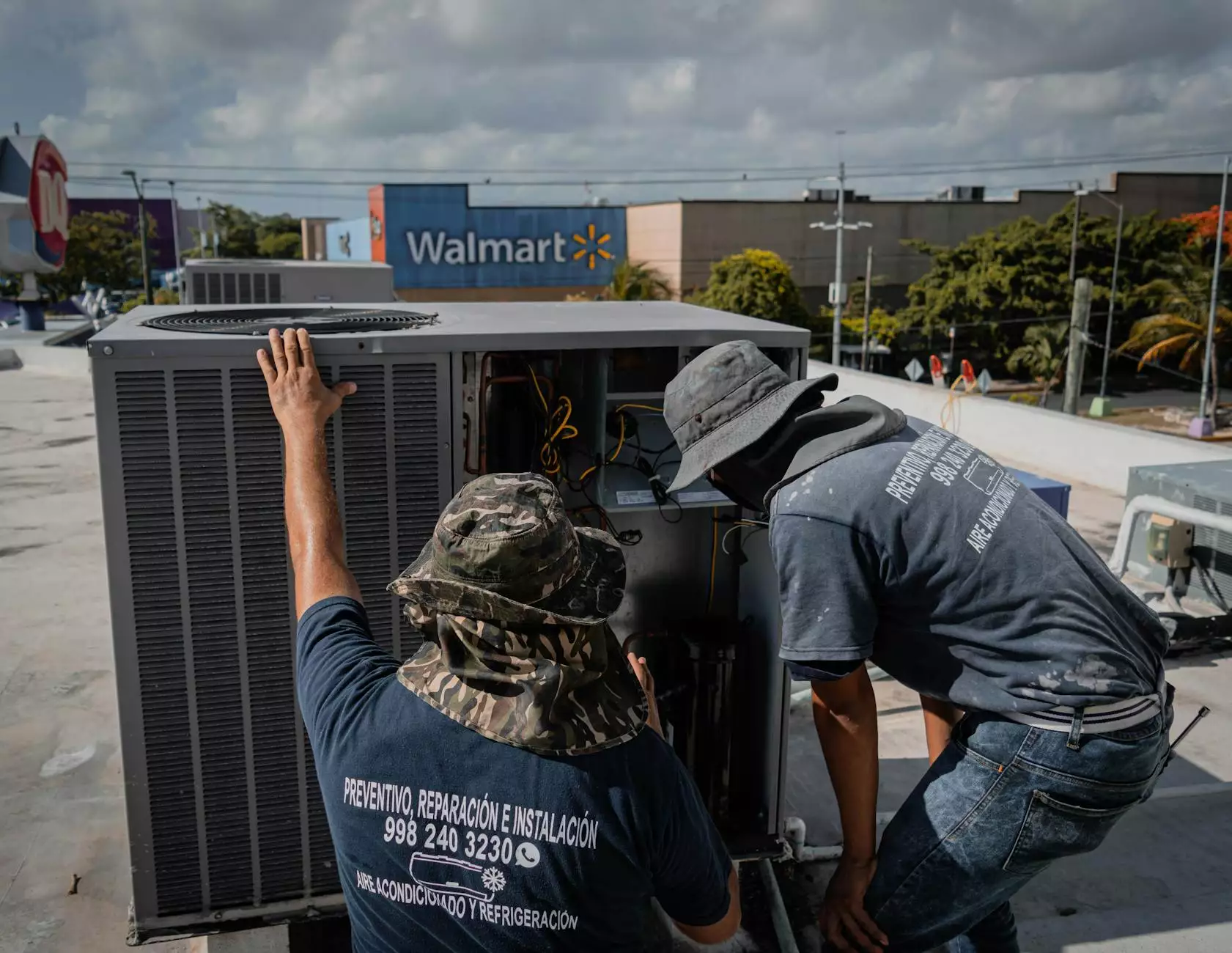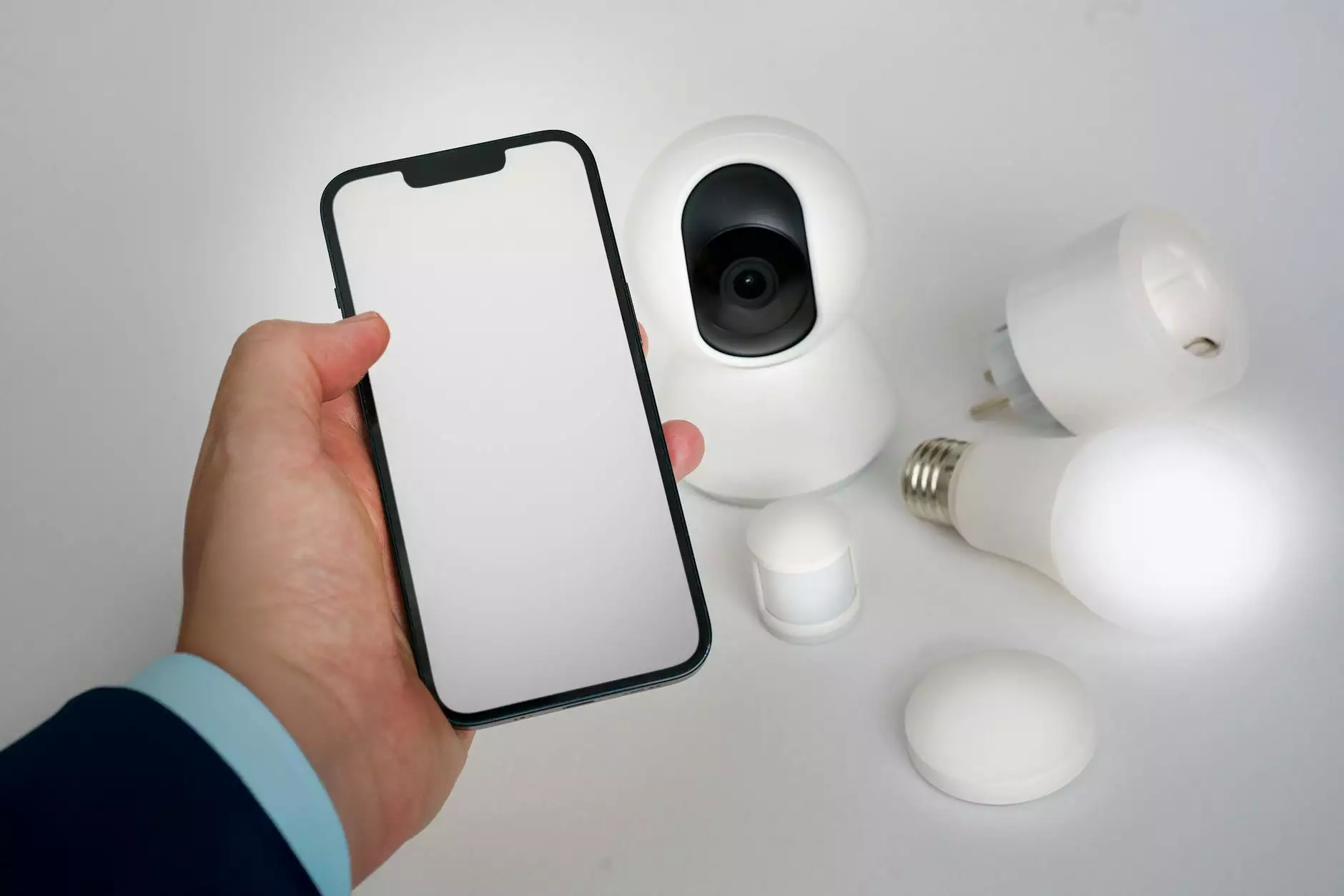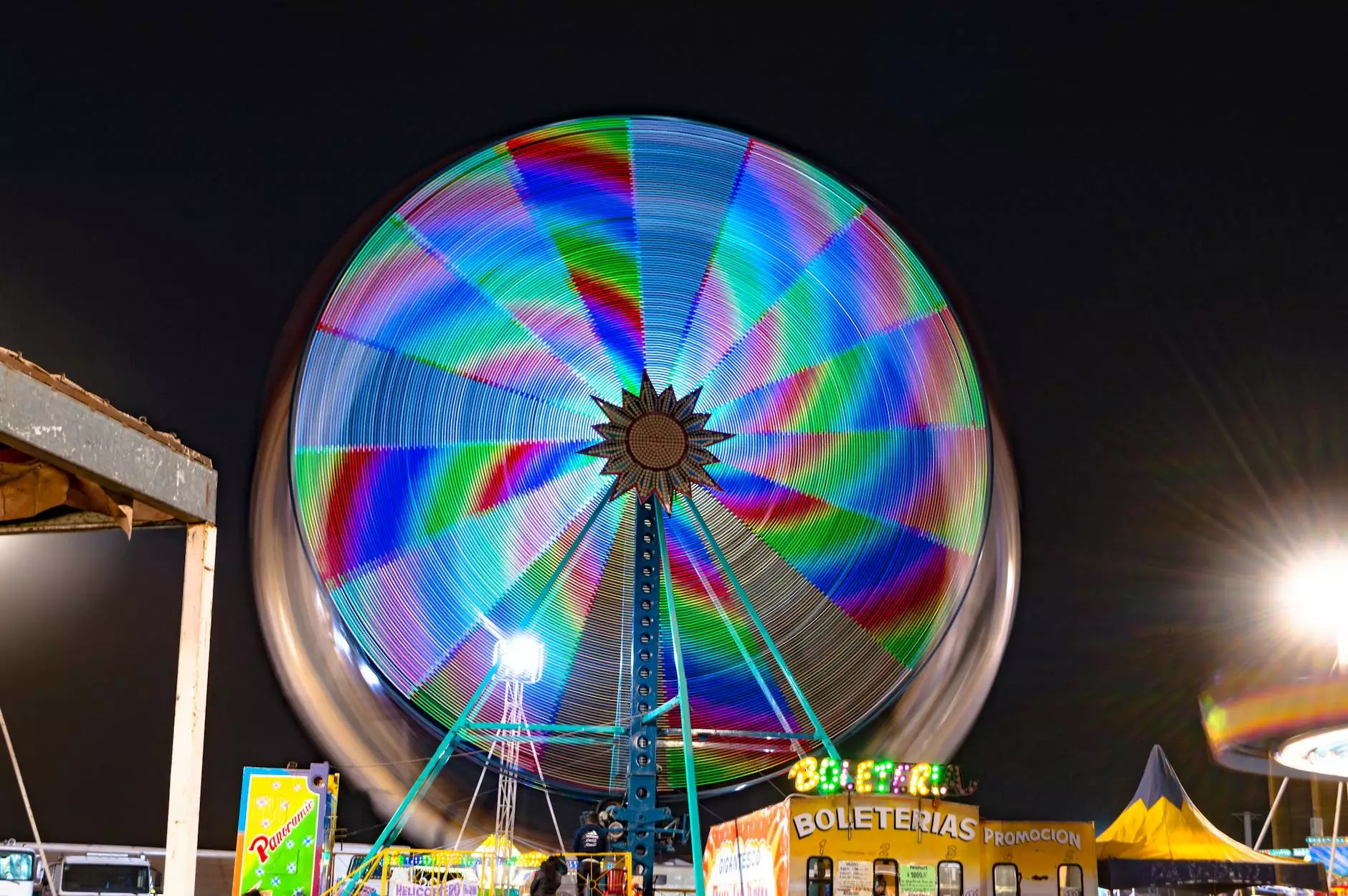The Future of Music: How Business Innovations Are Shaping the Industry

In recent years, the music industry has undergone a dramatic transformation driven by digital evolution, innovative business models, and the increasing significance of musicians and music venues. This article delves into how these changes are impacting the landscape of music, the emergence of new trends, and the vital role that platforms and technology play in creating opportunities for artists and venues alike. Moreover, we will explore how the marc wiese affection download phenomenon exemplifies these shifts.
The Digital Revolution in Music
The advent of the internet has fundamentally changed how music is created, distributed, and consumed. Traditionally, artists relied on physical sales, radio plays, and live performances to generate revenue. However, with the shift to digital formats, musicians now have unprecedented access to global audiences, significantly enhancing their reach and potential income.
Streaming Services: The New Normal
Streaming platforms like Spotify, Apple Music, and YouTube Music have become the primary sources of music for millions. These platforms offer artists a way to disseminate their work widely without the traditional gatekeeping associated with record labels. The pivot towards streaming not only democratizes access to music but also allows artists to monetize their content in innovative ways.
Benefits of Streaming for Musicians
- Wider Audience Reach: Musicians can now reach millions of listeners worldwide, significantly amplifying their exposure.
- Data Insights: Platforms provide valuable analytics about listening habits, enabling musicians to tailor their marketing strategies effectively.
- Royalty Payments: While the payout per stream is often debated, many musicians see consistent royalties as a valuable revenue stream.
Redefining Revenue Streams for Artists
With the decline of physical sales, artists are now diversifying their income sources beyond music sales. This shift is essential for sustaining their careers in an evolving industry. Here are some innovative revenue streams being explored:
Merchandising
Merchandise sales provide a substantial income stream for many artists. By offering unique and tailored products, musicians can engage with their fans on a deeper level. From clothing to vinyl records and exclusive collectibles, the opportunities for creating significant merchandise sales are endless.
Crowdfunding and Fan Support
Platforms like Patreon or Kickstarter allow fans to support their favorite artists directly. This model not only provides financial support but also fosters a strong community around the artist's work.
Music Venues: Adapting to a New Era
As artists evolve, so too must the venues that host their performances. Music venues have faced significant challenges in recent years, yet many are adapting to this new landscape by embracing technology and innovation.
Hybrid Events and Live Streaming
The increasing popularity of hybrid events – combining live performances with online streaming – allows venues to reach wider audiences than ever before. This format provides an avenue for music venues to continue operating, even when in-person attendance is limited.
Collaborations and Partnerships
Venues are increasingly collaborating with local businesses and artists to offer unique experiences for attendees. From themed nights to special events featuring local talent, these initiatives not only support the local music scene but also draw in more attendees and foster community engagement.
The Importance of Branding for Musicians and Venues
In an overcrowded market, effective branding is more crucial than ever for both musicians and music venues. An artist's brand encompasses their image, music style, and the emotional connection they establish with fans. Likewise, venues must cultivate a distinct identity that resonates with their target audience.
Building a Strong Online Presence
In today’s digital age, having a robust online presence is essential. Websites, social media profiles, and digital marketing strategies play a significant role in how musicians and venues connect with their audiences. Artists can promote their music and events effectively using platforms like Instagram, TikTok, and Facebook, while venues can highlight their uniqueness and upcoming shows.
Key Strategies for Online Branding
- Engaging Content: Artists should share behind-the-scenes content, create vlogs, and engage directly with fans through live sessions.
- Consistent Imagery: Maintaining a consistent visual style across all platforms helps reinforce brand identity.
- Collaborative Marketing: Collaborating with other artists and influencers can amplify exposure and broaden reach.
Case Studies: Success Stories of Modern Musicians
To illustrate the effectiveness of these new business models, we can look at some success stories of modern musicians who have embraced innovation to thrive.
Independent Artists Making Waves
Many independent musicians have leveraged social media and streaming services to create impressive career trajectories without the backing of major labels. One such artist is Marc Wiese, whose music resonated with audiences globally. The success of his track, often sought after as a marc wiese affection download, showcases how artists can achieve significant reach and recognition through strategic online presence.
Unique Venues: Creating Community Connections
Some venues have built their reputation through community engagement and unique event programming. For instance, venues that host open mic nights or collaborate with local artists not only boost their brand but also create a loyal customer base that supports the local music scene.
The Future: Trends to Watch
As the music industry continues to evolve, several trends are emerging that are likely to shape its future:
Artificial Intelligence in Music Production
AI technology is becoming integrated into music production, allowing artists to experiment with new sounds and styles that were previously difficult to achieve. This opens up exciting possibilities for innovation in music composition and production.
Virtual and Augmented Reality Experiences
With advancements in VR and AR, music venues are starting to explore ways to create immersive concert experiences. These technologies provide fans with unique access and can enhance the overall experience of live music.
Conclusion: The Ever-Evolving Music Business Landscape
The future of the music industry is bright, filled with opportunity and innovation. As musicians and music venues continue to adapt to new trends and expectations, the focus on leveraging technology and embracing community will be key to their success.
By understanding these dynamics, artists can navigate their careers more effectively while establishing strong connections with their fans. The story of Marc Wiese and the growing interest around tracks like marc wiese affection download provide a prime example of how the right strategy, community engagement, and digital presence can lead to meaningful success in the ever-changing music landscape.









